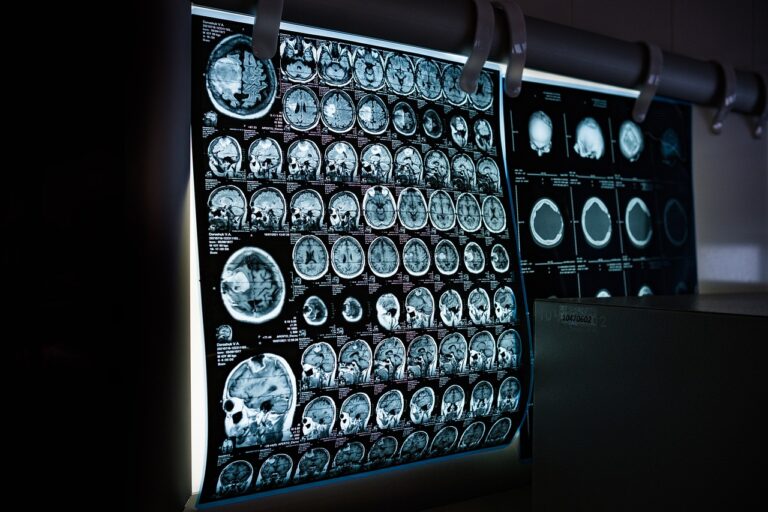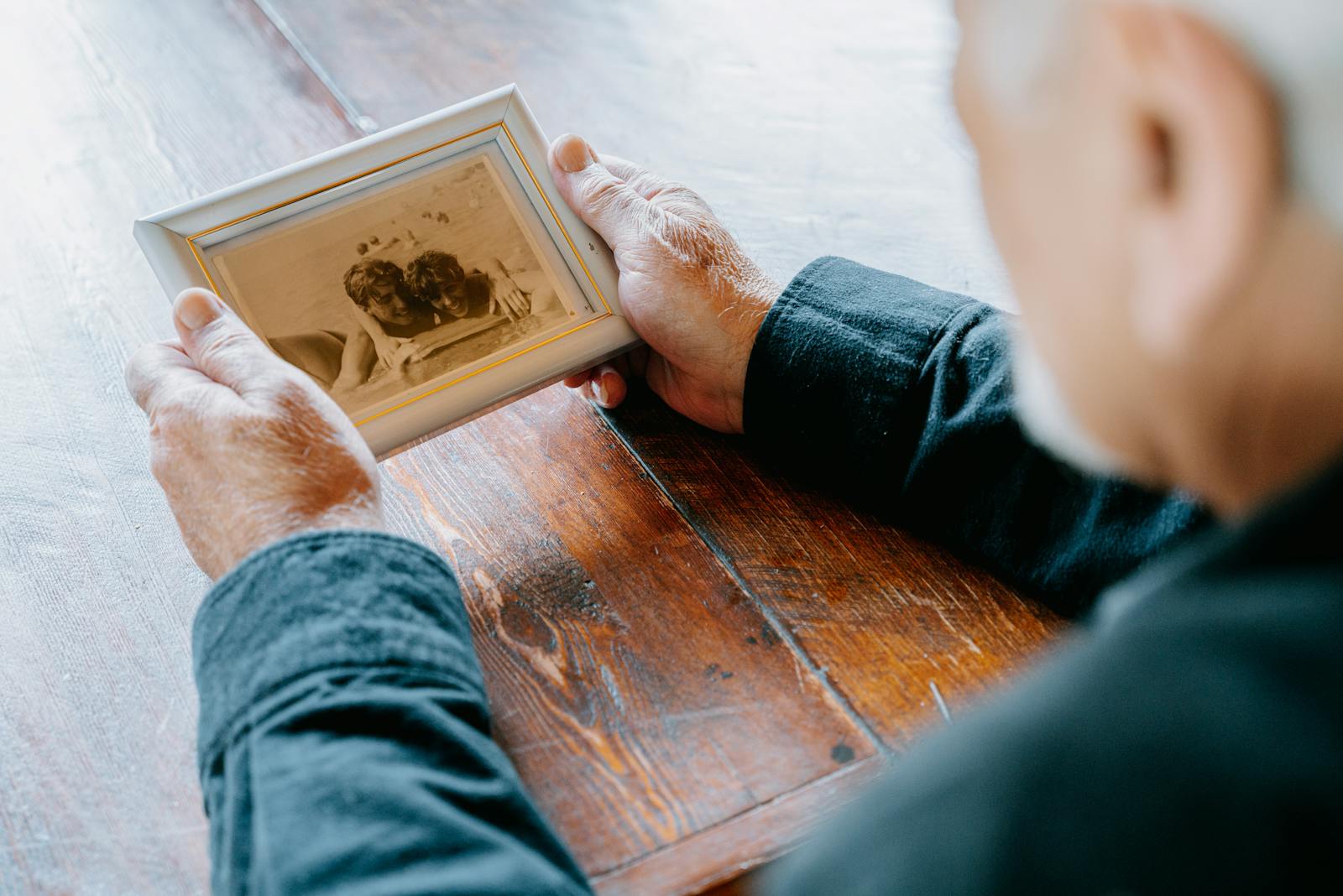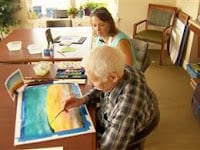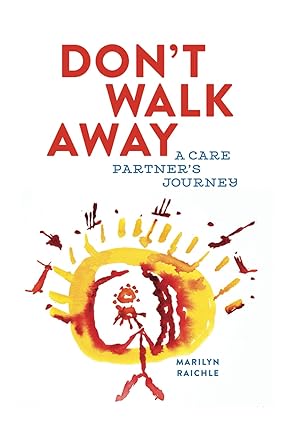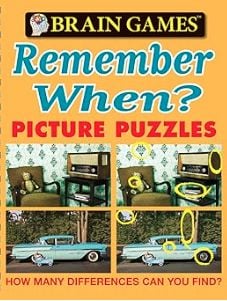
Can Your Memory Go Completely?
As long as you’re awake, take comfort in knowing that it is simply not possible to lose your memory completely. Learn about different types of memory, what types are affected by memory loss and which types are protected.





